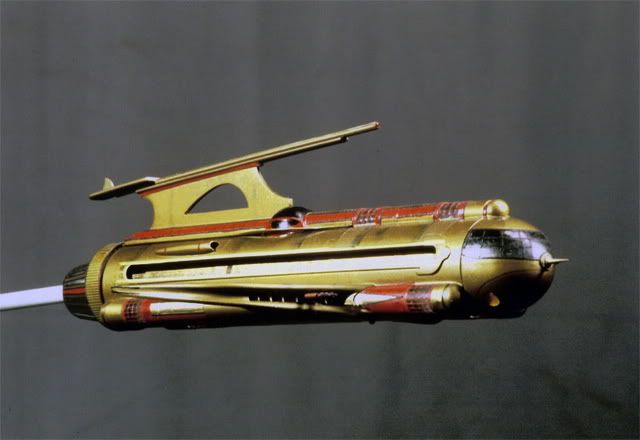
I’ve been struggling to put together the sci-fi serial I want to start. I’ve come at some concepts from a couple angles, but they’ve been either too derivative or too preachy. My desire to brush up a tried-and-true aspect of the sci-fi genre should not have ‘fixing Star Wars’ as an end goal. The end goal should be to tell a good story, right? Right. So why sci-fi adventure?
I think my attraction to it, other than nostalgia, is my appreciation of its narrative simplicity. Buck Rogers, Flash Gordon, and John Carter are extremely similar stories in that an ordinary man is transported to an unfamiliar place and becomes an undisputed hero. They also draw very definite lines between good and evil. There’s a brevity to their construction I can’t help but appreciate. But at the same time, I realize that some of these tales are a bit too simple, and as much fun as they are for me, they don’t necessarily hold up.
I mean, let’s face it. I enjoy Captain America as an old-school adventure yarn, and personally find a straight-arrow character who’s unquestionably virtuous kind of refreshing in a cynical, morally gray world where every hero has to be tortured, conflicted, or shady in some way. However, I can’t deny that putting such a character up against a scientist so evil Hitler kicked him out of the Nazis is a bit laughable. There’s also the fact that his magical bottle superpowers don’t really cost him much, other than some friends dying or going missing, until he wakes up in the 21st century. He becomes, like Rogers and Gordon and Carter, a man out of his element, and sticking to his moral guns brings him into direct contact with many people around him. It’s a far more interesting and involving situation than the clear-cut black-and-white conflict that essentially created him.
The biggest problems with pulp, as far as I can see, are a lack of lasting consequences and the main character’s biggest flaw being they have no real flaws. If our hero is going to get flung across space and time, there should be culture shock involved beyond having to learn some new lingo. It also should not fall to the protagonist to suddenly be the entity to whom everyone turns to get their problems solved. Stories like Avatar (the movie), Dances with Wolves, and The Last Samurai all suffer due to this sort of character insertion. We also can’t have status quo being restored at the end of every week. As far as I’m concerned, in a good serial, the status is never quo. Even if there’s no immediate danger, there should be consequences that linger, situations that feel unresolved, words that go unspoken. How else can you keep the audience coming back for more?
I don’t want to base the story on concepts or gimmickry, though I’m certain the trappings will be there. I would like there to be a narrative through-line other than “Our hero wants to go home,” but I fear falling into one of the aforementioned traps. The shiny, adventurous atmosphere of the raygun gothic aesthetic still calls to me, but I can’t set out to fix what doesn’t work in other stories or try to transmit some kind of message. This needs to stand on its own, as all good writing does.
If you have any thoughts or comments on any of this, I’d love to hear them.


Not sure if it’s helpful or not, but my initial thoughts on reading this were basically:
culture shock + lasting consequences = mistakes based on cultural misunderstanding
mistakes + virtuous protagonist = narrative of putting mistakes right
oh and also
simple character + complex world = interesting tension
I apparently don’t think in sentences, sorry about that.
I agree a lot with what Aiwevanya said. The hero can be a well-meaning boyscout and still mess things up, offend people, and cause problems for himself in trying to put those mistakes right. Not everyone will necessarily forgive him, those people could become antagonists, and characters like Captain America would understand WHY they’re hated once they gain perspective on the culture. It can lead to a lot of cool character/moral conflicts, and possibly the loss of naivete.